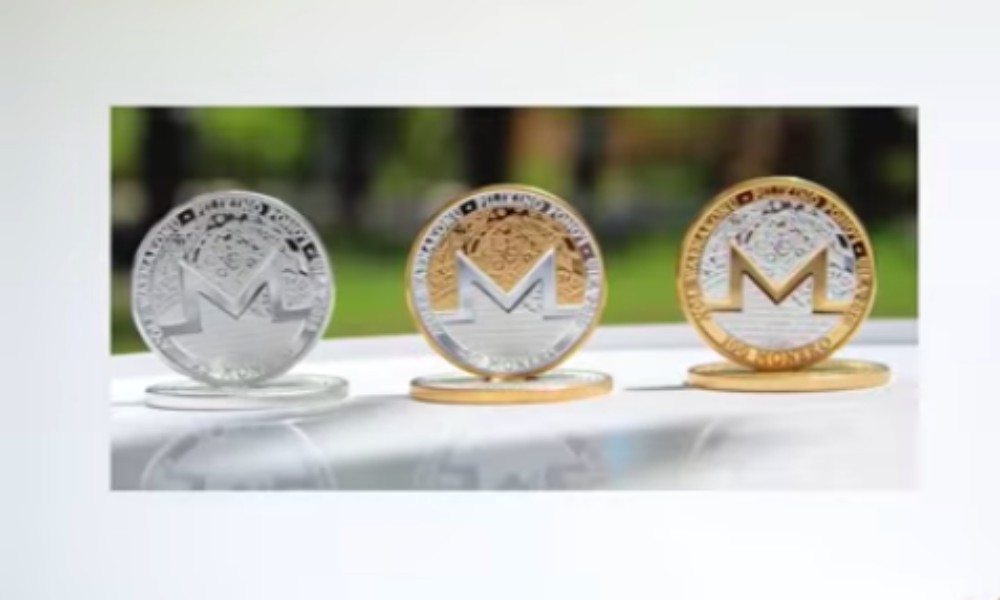
Facebook has revealed its plans for their new project, a stablecoin, which is now officially called LibraCoin. The public launch will reportedly happen in the first half of 2020. The media went frenzy and we are now witnessing the opposing views on LibraCoin’s future. But, first, let us explore LibraCoin.
What is LibraCoin
What is LibraCoin is the frequently asked question these days. As majority of other cryptocurrencies, LibraCoin is a digital currency that serves as a means of payment. As expected, the transaction fees that apply to LibraCoin are near to zero. Facebook reportedly announced that the users would be able to buy LibraCoin or get their cash from LibraCoin either online or at local exchange spots.
Facebook has also developed its Calibra wallet. Apparently, it will be governed by Facebook, as a subsidiary of its own. This wallet will be integral part of Messenger, WhatsApp, and other Facebook’s apps. However, it appears we will wait a few more months to be able to use Calibra.
The Libra currency is represented by a 3 wavy horizontal lines character ≋
Advantages of LibraCoin
We all expect LibraCoin to have some advantages over other cryptos. Facebook did not disappoint us in this respect. LibraCoin is fast and less expensive, especially if we use it for international transactions.
Apparently, the companies which accept LibraCoin as means of payment will have discounts or rewards.
This new stablecoin is powered by the Libra Blockchain. This ecosystem is announced as an open-source. It is developed in Facebook’s own Move programming language.
Libra Vs. Bitcoin
With Bitcoin being the leading crypto, we cannot avoid comparing the two . Bitcoin has proved itself as the master of decentralization. On the other hand, LibraCoin is controlled by Facebook and the Libra Association. Furthermore, Facebook declared that they would not have full control over LibraCoin. Other members of the Libra Association will participate in decision making. Among many companies, there are Visa, Uber, Andreessen Horowitz, etc. These members invested more than $10 million each in the project.
Bitcoin’s and Facebook’s blockchains also differ. Bitcoin runs on permissionless blockchain. This means that the miners do not have to ask for approval before they start their mining. LibraCoin’s block chain is permissioned.
Challenges LibraCoin Faces
When launching plans for the new financial ecosystem that has impacts worldwide, it is expected to face certain challenges. As stated above, LibraCoin is centralized and supported by government-backed currencies and securities. They claim that this should secure low risk and avoid fluctuations. Nevertheless, there are voices raising questions. Experts claim that LibraCoin is challenging banking systems, although they doubt this would be the end of the traditional institution. What we can predict at this stage is that LibraCoin will seek to exploit the weaknesses of banking transfers and offer more convenient solutions.
One of the main concerns mentioned in the media is over Facebook’s ability to secure the financial information of their clients. The concern is justified due to the previous breach of users’ personal information. With information about financial transactions, Facebook will now definitely have unrivaled advantage over all other companies in the industry.
Concerns from regulators include the ways LibraCoin will be regulated and in what way exactly Facebook and the Libra Association will be fighting money laundering.
Apparently, making LibraCoin the new leading crypto would take some time. As Facebook Inc. Chief Operating Officer Sheryl Sandberg said, this project is a “long way from launch.” She also added:
“Regulators have concerns. We’re already meeting with them. We know we have a lot of work to do, but this was an announcement of what we would like to do with a roadmap for people to jump in and help us do it.”
We would appreciate your thoughts on LibraCoin.






